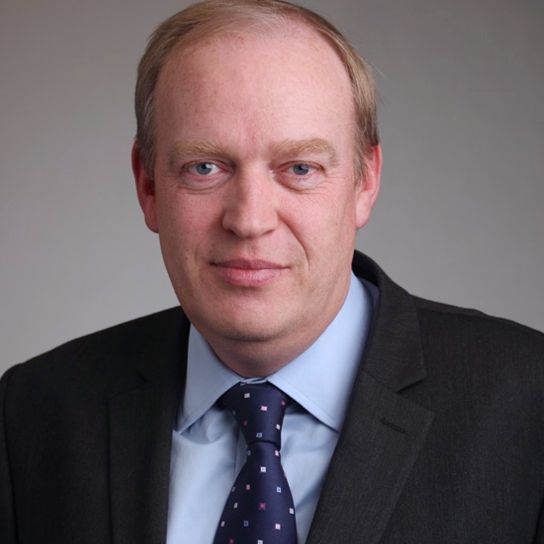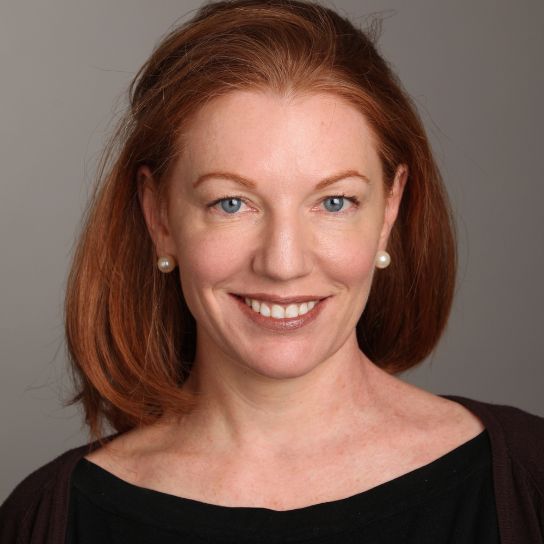The High Court has granted permission to change experts where the claimants' original expert was unwilling to continue, in circumstances where refusing permission was likely to leave the claimants with no effective evidence on a crucial issue: Adams v Allen & Overy [2013] EWHC 4735 (Ch).
As various decisions in recent years have shown, the courts are keen to stamp out the practice of "expert shopping" - where a party moves from one expert to another until a favourable opinion is found. As a result, the courts have found that permission for a change of expert will only be granted where a party has “good reason” for the change (see post) and, where permission is granted, the court will normally require disclosure of the previous expert’s report (see post). These principles apply even where the change of expert takes place before proceedings are commenced.
The present decision illustrates that, although a change of expert must be supported by good reason, the strength of reason required may vary to some extent depending on the consequences of refusing permission. The decision also suggests that, although the principles are not limited to personal injury litigation (where a number of the authorities have been established), there are features of personal injury litigation that mean a change of expert may require greater justification. The principles always have to be applied in the context of the case in question.
Nonetheless, given the risks, parties to litigation should never assume that permission will be granted lightly for a change of expert. Accordingly, before identifying an expert witness to the opponent or obtaining a report, parties would be well advised to test the expert's views robustly and discuss any reasons why he or she might not ultimately be able to assist.
Background
In the present case, the claimants brought claims for professional negligence against their former solicitors and chartered surveyors in relation to an agreement for the sale of land. The quantum of the claim depended on the true open market value of the land at the material time, an issue which could only be resolved on the basis of expert evidence.
At (in effect) the pre-action stage, the claimants served two reports of Mr Steven Smith, a chartered surveyor. A mediation was held in which Mr Smith discussed the issues with the defendants' experts, but the case did not settle. Nearly a year later, in their allocation questionnaire, the claimants indicated their intention to call a different expert surveyor, Mr Bainbridge. At the case management conference, the Master refused permission for the claimants to adduce expert evidence other than from Mr Smith on the basis that there was no good explanation for Mr Smith's refusal to act further. The claimants appealed.
Decision
The High Court (Foskett J) allowed the appeal and granted permission for the change of expert.
The effect of the Master's order on the conduct of the case had to be considered. If the order stood the claimants would, in theory, have to witness summons an unwilling witness to support a potentially very substantial claim. The effect might well be that the claimants would be without any effective expert evidence at all on a crucial issue.
The Master had simply asked himself whether there was a “good explanation for Mr Smith’s refusal to act further”, concluded that there was not, and gone no further. He had not referred to the effect his decision might have on the conduct of the case, nor to the overriding objective and the need to try the case justly. That was an error of principle which allowed the present court to look at the matter afresh. The judge said:
"Where an expert has been active in the pre-action protocol phase, I would accept that ordinarily some reason must be shown for a change thereafter and it must not be an obviously bad reason, for example, simple expert shopping. But the strength of the reason can itself be judged to some extent by reference to the consequences of rejecting the application for a change of expert. I am of the view that there is a threshold for a party to cross before the court will enable a change of expert to take place, but the height of the threshold varies according to the circumstances."
Here a reason had been given for the claimants wishing to call another expert, namely that their first expert was unwilling to continue. That constituted a good reason why they should not want to call him, and a sufficient reason at least to consider permitting a change of experts. Since the effect of not doing so would be to unbalance the fairness of the trial process in a significant way, permission should be granted.
The position might, the judge said, be different if there was any evidence that Mr Smith's unwillingness to continue was simply a "mask" for some ulterior reason of the claimants for wanting to be rid of him, but there was no indication of that here.
In the circumstances, it was not appropriate to impose a condition that all communications between Mr Smith and the claimants' legal team should be disclosed. This was not a case where a party had deliberately not sought to rely on an expert view that was favourable to the opposing party. The claimants would however have to pay any costs thrown away as a result of the change of expert.
Although the decision dates from July 2013, the full transcript has only recently become available (on Lawtel).
Key contacts
Disclaimer
The articles published on this website, current at the dates of publication set out above, are for reference purposes only. They do not constitute legal advice and should not be relied upon as such. Specific legal advice about your specific circumstances should always be sought separately before taking any action.



